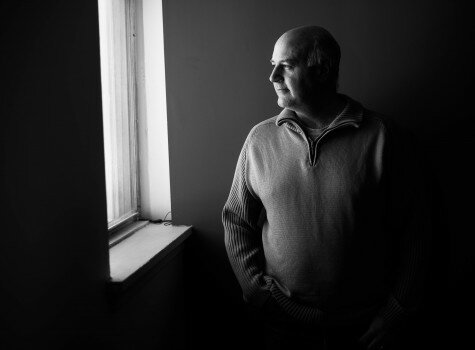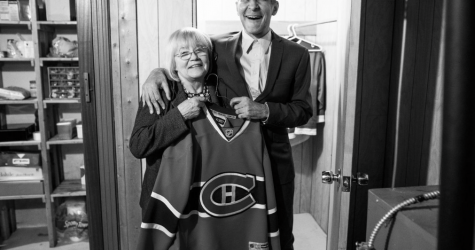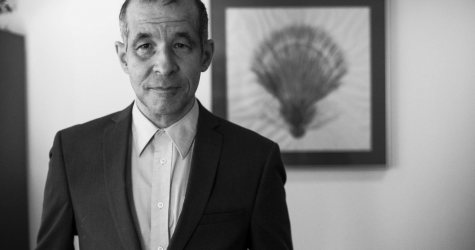
Good Safety Net
Jenny and Claude’s story
Many of Canada’s veterans are struggling with Post-Traumatic Stress Disorder and other mental and physical health challenges. We asked them to serve our country, but, due to federal cuts to Veterans Affairs staff and services, our veterans are not getting the care they need and deserve.
“They abandoned us,” said Jenny. Her husband Claude returned from his 20-year service in the Canadian military with Post-Traumatic Stress Disorder.
“We are nothing to our government, all of us, every veteran and every family member is in need of help.”
Among other things, Claude lives with tinnitus, a constant ringing in his ears that leaves him unsteady and sleepless. And, while treatment exists, he can’t get it.
“We have to beg for everything we get,” Jenny said.
As Claude’s care needs grew, Jenny left her job to care for him. His life depended on it.
Jenny and other veterans’ spouses don’t receive training in how to deal with the often unpredictable and extreme symptoms of the disorder.
“It is overwhelming and everyone suffers, including the children,” said Jenny. “Sometimes I think Claude served a better Canada than the one he came home to.”
Vesna and Robin’s story
Many Canadians living with developmental disabilities and autism require constant care from their now aging parents.
Robin loves hockey, choir, and his mother Vesna.
Robin is 54 and developmentally disabled. Vesna is 79.
“Robin is a gift,” said Vesna.
But she worries about what will happen to him after she’s gone. There is no federal funding or strategy in place that will help Robin.
And it’s not just Robin.
“I have seen some sad cases when parents can no longer cope. But the facilities are so crowded and not enough money has been invested even though there is a growing need.”
With autism and other conditions on the rise, a growing number of families will need help caring for their adult children in the future.
But Vesna’s concern is more immediate.
“I need to know before my time comes that Robin will be taken care of.”







